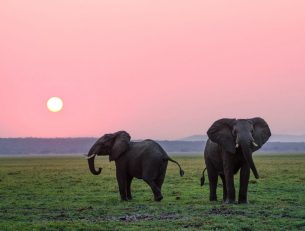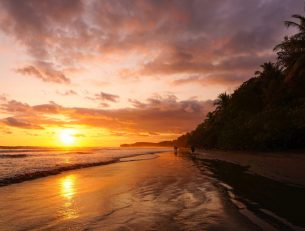Costa Rica is a country of incredible biodiversity, and is home to a stunning variety of wildlife and ecosystems, making it the perfect holiday destination for wildlife lovers.
With cloud, mangrove and rainforests, active volcanoes, pristine coastal areas making up just a few of the twelve climatic zones, this tiny country is home to over half a million species, which is the equivalent to around 4% of all species on the planet.
When you take into account how small Costa Rica is, it makes it the country with the highest density of diversity in the world. It’s thought that it gets it great biodiversity due to when the land bridge between North and South America was formed, and a wide variety of plant and animal life combined and found specific niches in Costa Rica’s unique climates.
So with all that in mind, here is a list of some of the best wildlife you can go searching for in the wilds of Costa Rica, as well as where and when you can see them.
1. Leatherback Turtles
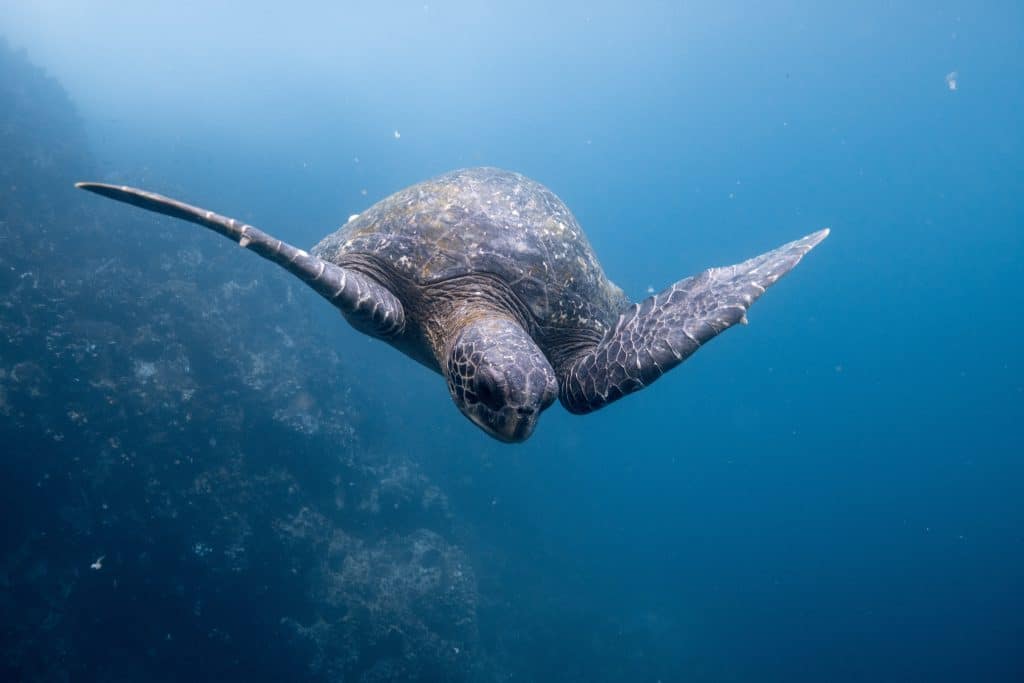
Every year, thousands of visitors flock to Costa Rica for a wildlife holiday based around spotting the magnificent leatherback turtle. If you think you know how large these creatures can get, think again, because these beasts can measure up to 6 feet in length and weigh as much as 650kg.
To witness them make their way along the golden sands of Costa Rica’s beaches into the ocean is a magical sight, and the place to see this phenomenon is in Las Baulas National Marine Park, situated on the northwest Pacific coast.
Costa Rica boasts five of the seven sea turtle species in the world, including the incredibly rare Olive Ridley Turtle, which nests on around five beaches in the world. Hotspots for seeing other turtles include Tortuguero on the Caribbean coast, and Santa Rosa National Park, also on the north-west Pacific Coast.
2. Humpback Whales
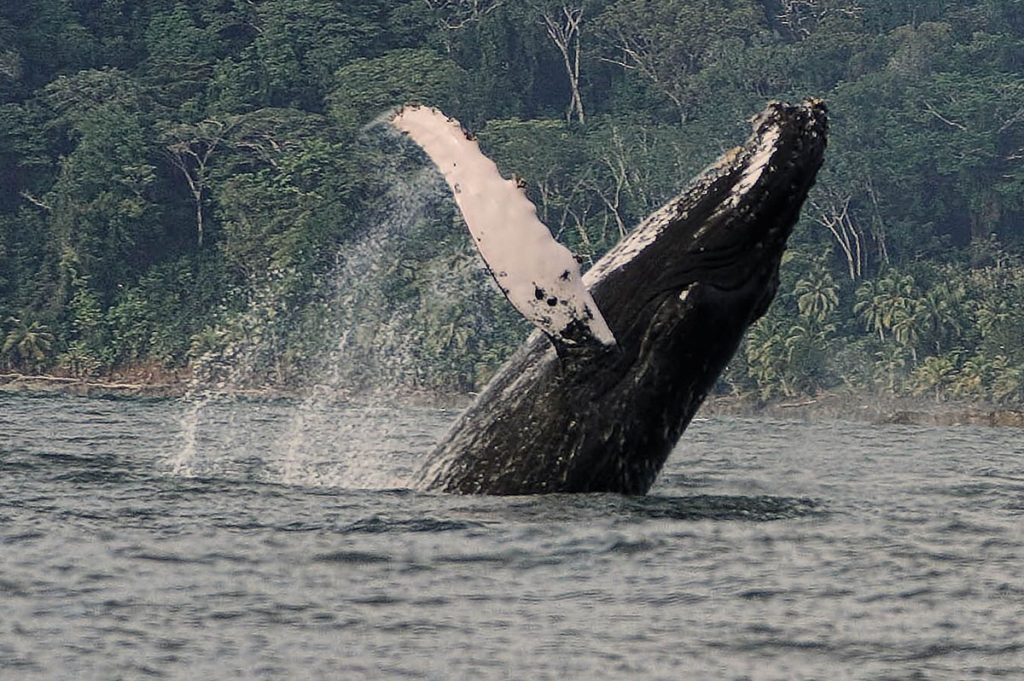
Sticking with marine life for now, whale watching in Costa Rica is some of the most reliable in the world, with your chances incredibly good, almost guaranteed, of a sighting if you visit the south Pacific in the months of August and September.
The three types of humpback whales most commonly spotted off Costa Rica’s Pacific coast are Antarctic Humpback Whales, North Atlantic St Lawrence Humpback Whales and California Humpback Whales, which generally travel from South America northwards in the summer months to breed and raise their offspring.
Other whales you can spot off the coast of Costa Rica, if you’re lucky, are pilot whales and the world’s largest animal, the majestic Blue Whale. With tours running off the Pacific Coast year-round, always make sure you find the most sustainable options you can, that take into the account the safety and wellbeing of the whales.
Popular Costa Rica Wildlife Holidays
3. Mangrove Hummingbirds
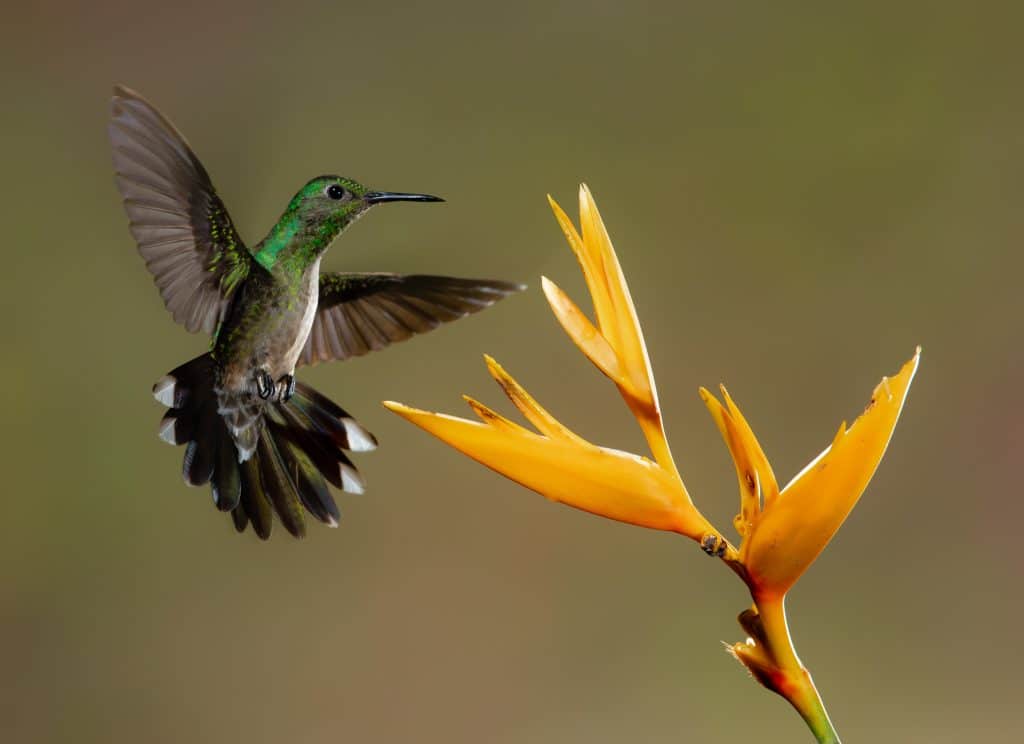
Costa Rica is a country renowned for its world-class birdwatching, with almost a thousand bird species native to the country. With nature reserves dotted all over the jungles and forested areas of the country, there are incredible opportunities to spot technicolour tropical birds at almost every turn.
Hummingbirds are one of Costa Rica’s most iconic bird species, and are hugely important in the pollinating of the delicately balanced ecosystems. The country is home to at least 50 species of hummingbirds, with only a few endemic to Costa Rica.
One such bird is the Mangrove Hummingbird, characterised by a shining blue-green head and a white belly. These beautifully delicate creatures are currently under threat due to a loss of their mangrove forest home, which can be found on the Pacific coast.
4. Howler Monkeys
You’ll probably hear a howler monkey before you see one. They produce some of the loudest vocal sounds from any animal on earth, which might be exciting for a brief moment, but can become grating if you’re a local…
You can find them virtually anywhere in the Costa Rican Highlands, in places like the Arenal Volcano National Park, Manuel Antonio National Park, and particularly in Guanacaste. They are generally a calm species that will ignore humans for the most part.
If an intruder gets too close however, or they are disturbed by human activity, then you are certainly going to know about it. The sound of a howler monkey is comparable in volume to a lion’s roar and can travel for 3 miles, and will certainly go on for a lot longer than the latter.
5. Three-Toed Sloths

Famed for being some of the slowest land mammals on earth, three-toed sloths stick strictly to the tree canopy, as they can barely support themselves as they move across the ground. However, they will descend from the trees in order to defecate, making each toilet trip a potentially fatal one!
You might have seen in recent times that they are surprisingly strong swimmers, as featured on Planet Earth 2, and they can comfortably cross short bodies of water to head to new food sources.
They’re relatively common throughout the country, but can be fairly difficult to spot unless you head out with a trained naturalist. If you are particularly keen on seeing some, your best bet is heading to the south Pacific.
6. Jaguars

We’ll finish with perhaps Costa Rica’s most spectacular, and most elusive, wildlife. Jaguars are extremely rare in Costa Rica, especially as hunting was legal until the 1980’s causing them to be incredibly shy of human activity.
They can still be found in national parks where they have more protection, with approximately 50 living in Corcovado National Park, Puntarenas Province. The majestic creatures generally own a territory that can stretch for 40 km, so sightings, even in places where they are known to reside, are rare.
However, there are few experiences on a wildlife holiday that can match the moment you spot a jaguar, two metres long, weighing up to 115 kilos, they are one of the most beautiful animals you can spot in the wild – anywhere in the world.
At Not In The Guidebooks, we are passionate about protecting parts of the world that are hugely important for conserving biodiversity in the world. In order for future generations to see giant anteaters, jaguars, whales and caimans in Costa Rica, and in order for us to preserve our wild spaces, we need to travel responsibly.
We work with local partners in Costa Rica who only run tours with the environment in mind, so that you know when you explore with NITGB, you are ensuring your money is being invested in the future of the incredibly beautiful country.






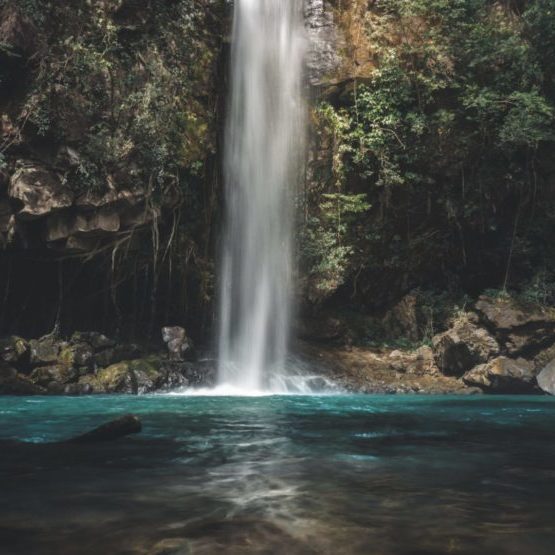
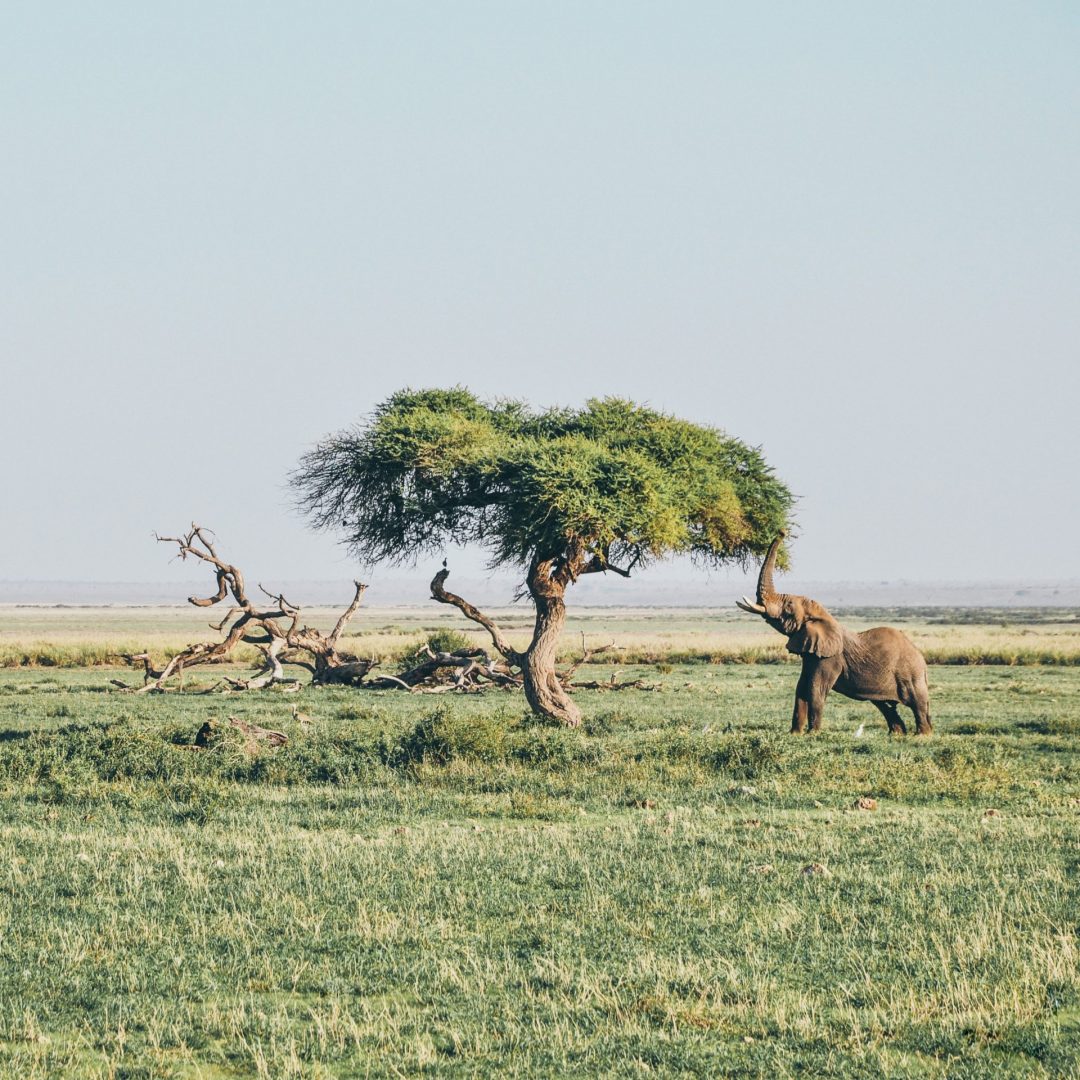

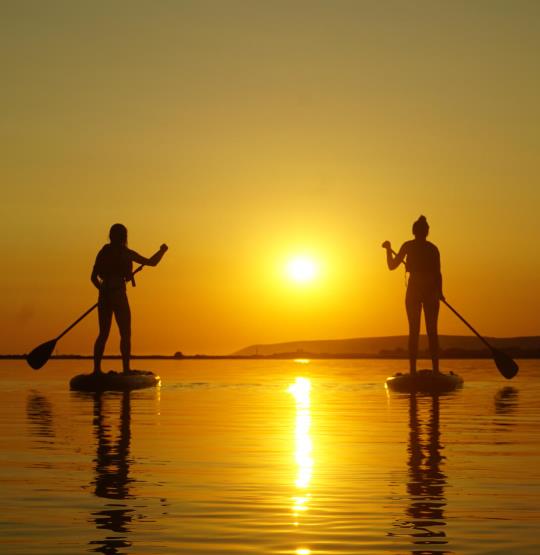
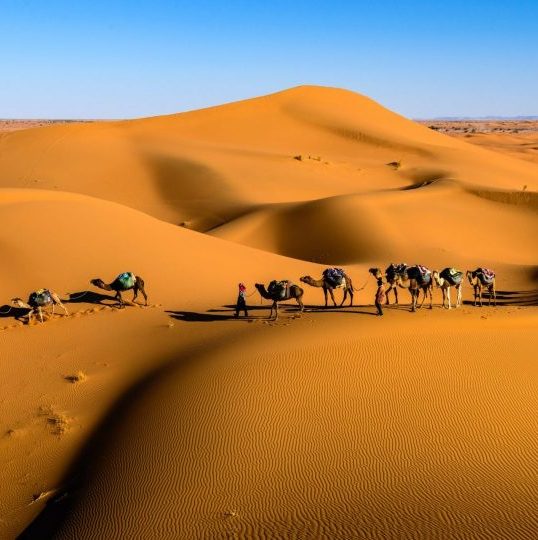


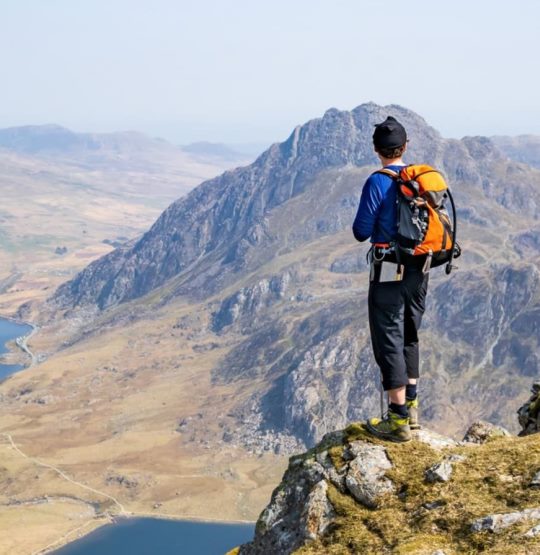
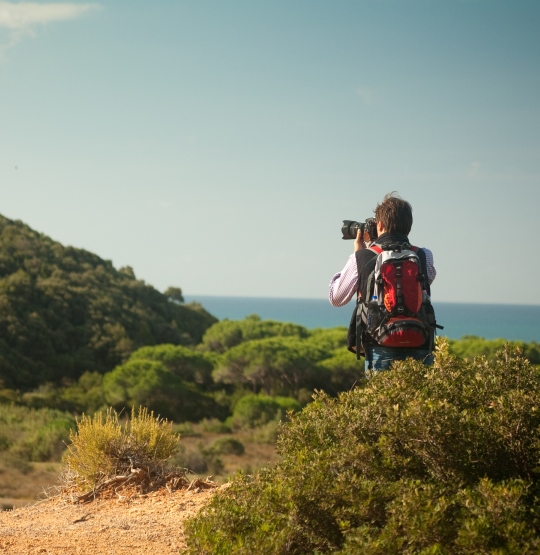

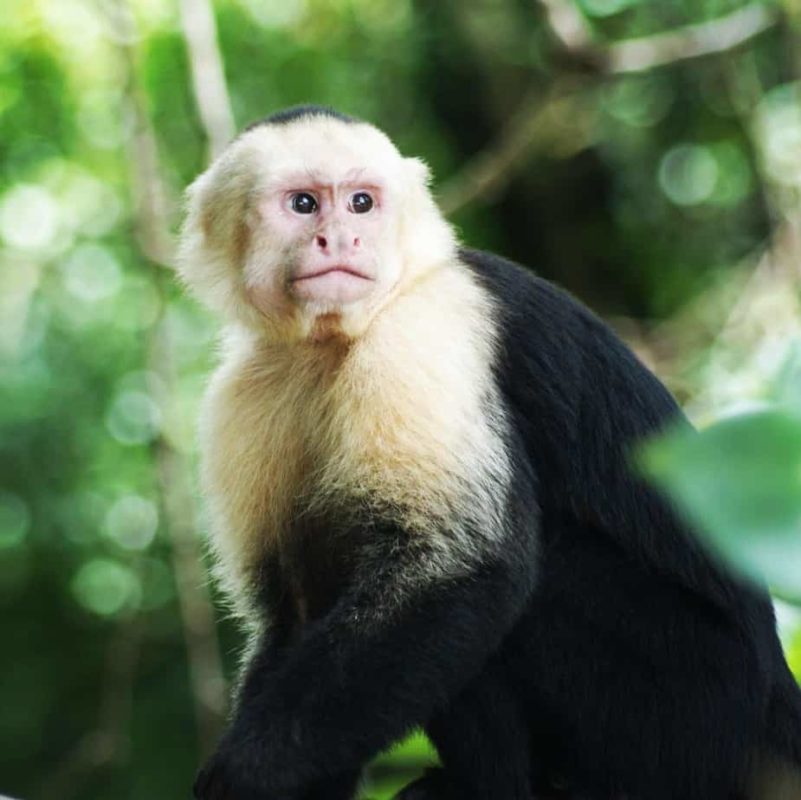
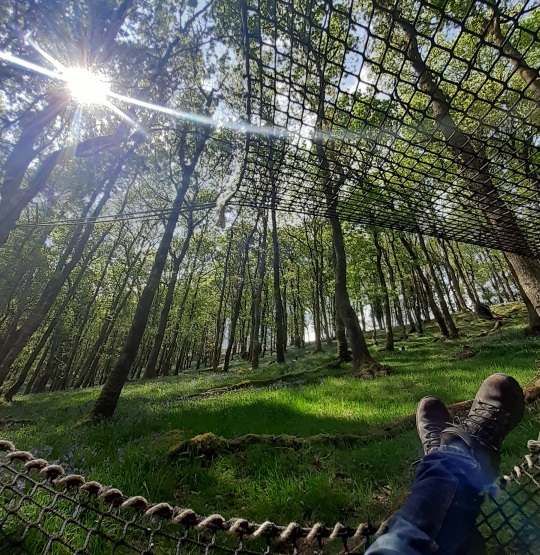

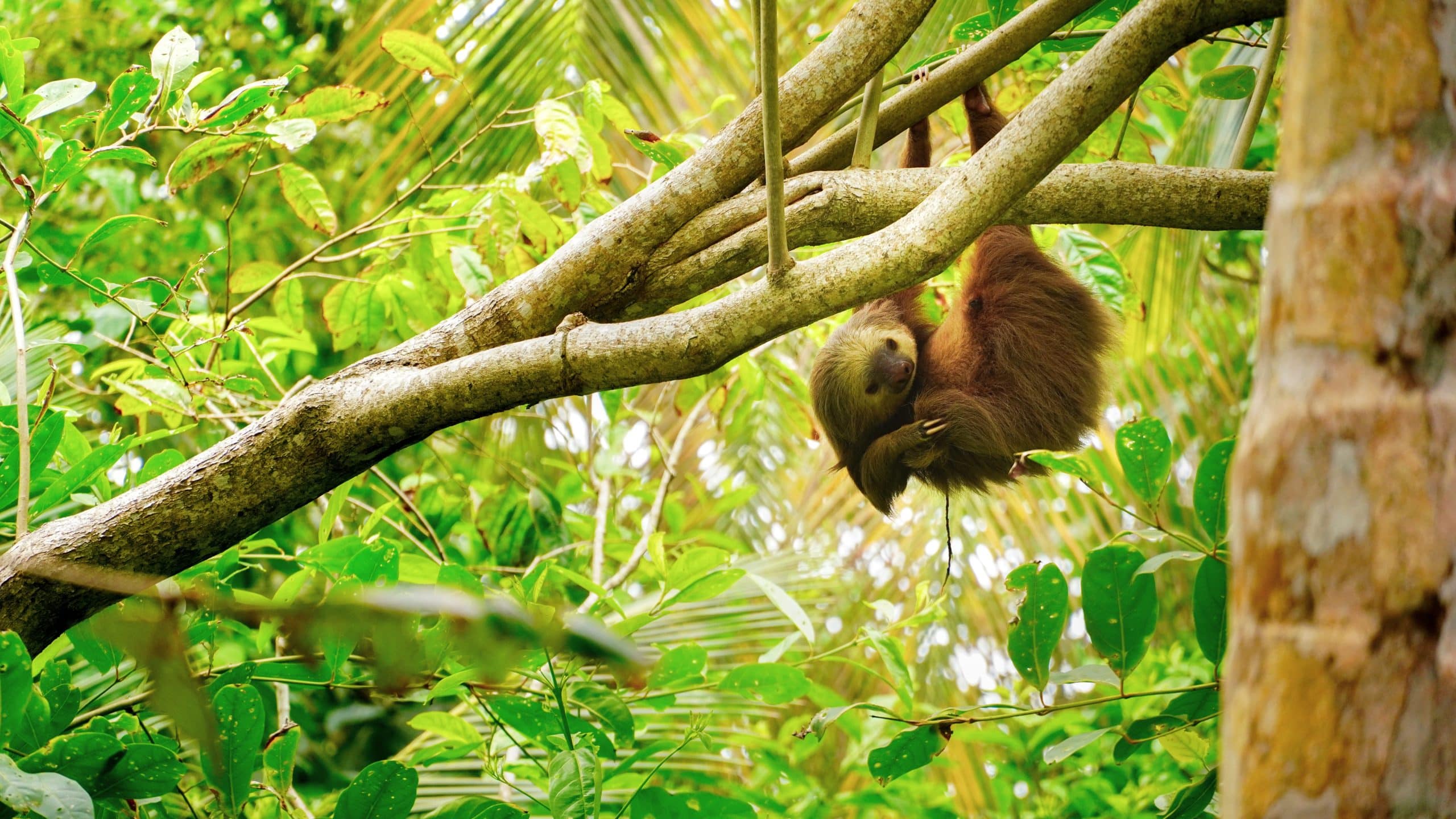

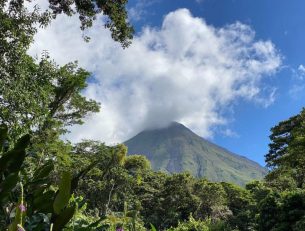
 Costa Rica
Costa Rica 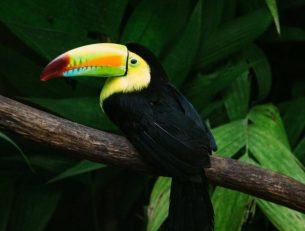

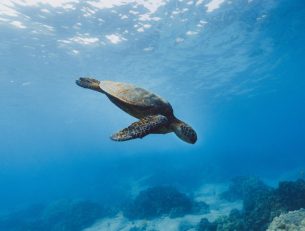
 17/06/2022
17/06/2022 